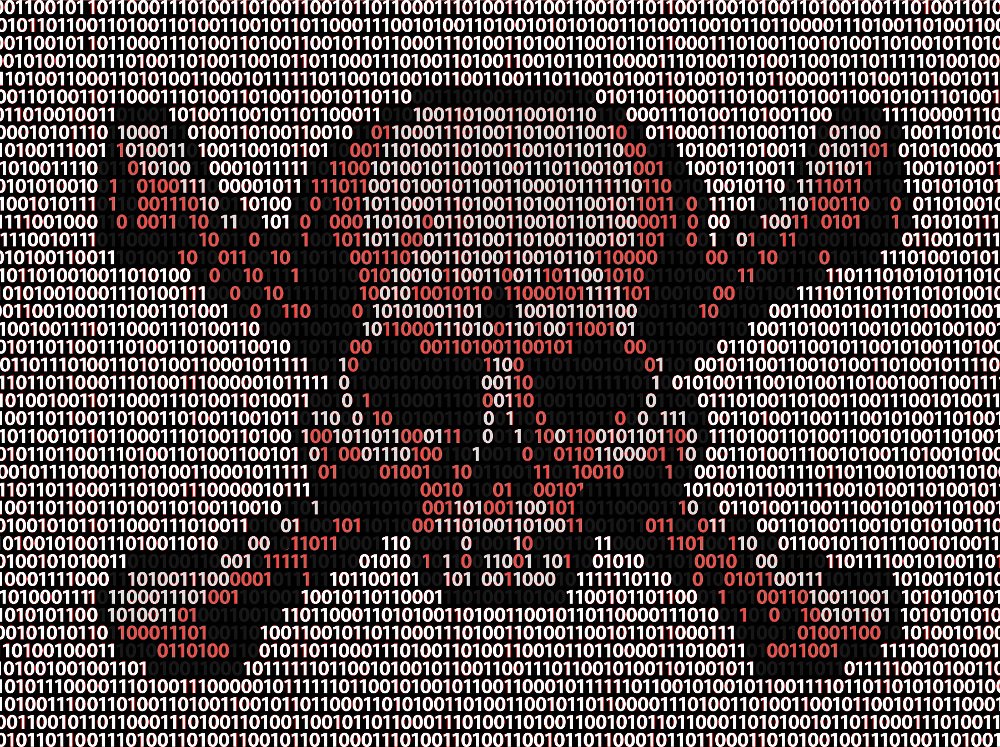
Two Bitcoin Exchanges Were Hacked in South Korea in 2017, Importance of Wallet Security
Two noteworthy South Korean bitcoin and computerized money trades were hacked in 2017. However, clients, merchants and financial specialists keep on storing their bitcoin and different cryptographic forms of money, for example, Ethereum, Litecoin and Ethereum Classic on custodial trades and unified stages.
There exists a central contrast between a custodial and a non-custodial stage. Custodial wallet stages and trades incorporate brought together stages, for example, US-based Coinbase and South Korea-based Coinplug, that have outright control over client accounts, private keys, passwords and other significant data.
Non-custodial wallet stages incorporate Blockchain, the second biggest wallet stage on the planet with more than 15 million utilitarian wallets, prominent equipment bitcoin wallet Trezor and Mycelium, that don't hold private keys for clients. Any touchy information and cryptographic keys are held by the client which can't got to and recovered by stage administrators.
Consequently, notwithstanding amid an occasion of a security break or an extreme hacker assault wherein the stage's security is set under peril, client records and wallet stages stay protected and insusceptible to programmers. For example, Blockchain's wallets can be moved down with passphrases, which clients can use to recoup supports in case of a security break.
SOUTH KOREA'S LARGEST EXCHANGES HACKED
Prior this week, Bithumb, the biggest advanced cash trade in South Korea was hacked, prompting the loss of a huge number of dollars worth of client finances in bitcoin, Litecoin, Ethereum, Ripple and Ethereum Classic.
Bithumb is one of the biggest trades in Asia, which forms around $700 million worth of cryptographic money exchanges regularly at its pinnacle. As indicated by different bitcoin advertise information suppliers, Bithumb holds 55.1 percent of the South Korean bitcoin trade piece of the pie, preparing around $31.2 million in bitcoin exchanges a day.
The official declaration from the Bithumb group uncovered that the worker PC at the organization was hacked, not the head office server. Individual data of around three percent of clients were spilled. All the more significantly, $870,000 worth of bitcoin was stolen.
"The worker PC, not the head office server, was hacked. Individual data, for example, cell phone and email address of a few clients were spilled. Be that as it may, a few clients were found to have been stolen from as a result of the expendable secret key utilized as a part of electronic money related exchanges."
Try not to STORE BITCOIN ON CENTRALIZED PLATFORMS, USE NON-CUSTODIAL WALLETS
Unified exchanging and wallet stages, for example, Bithumb have serious security defects; upon the effective execution of a hacked assault, bitcoin and different digital forms of money can be stolen, alongside touchy individual data of clients.
Investigators and security specialists support bitcoin brokers and speculators to use computerized money trades for what they are, to exchange fiat to bitcoin, and move bitcoin to more secure and more secure wallet stages that don't control the private keys of clients.
One noteworthy favorable position of bitcoin over different monetary forms and resources, for example, fiat and gold is that clients can simply keep up full control over their cash and riches. Bitcoin is a decentralized shared budgetary system and there exists no motivation to store bitcoin with go-betweens and outsider specialist organizations that may risk the security of client accounts and in particular, client reserves.
All in all, what do you consider this? Just offer your perspectives and considerations in the remark area beneath.
Upvote For More Details >>> @wahabali



